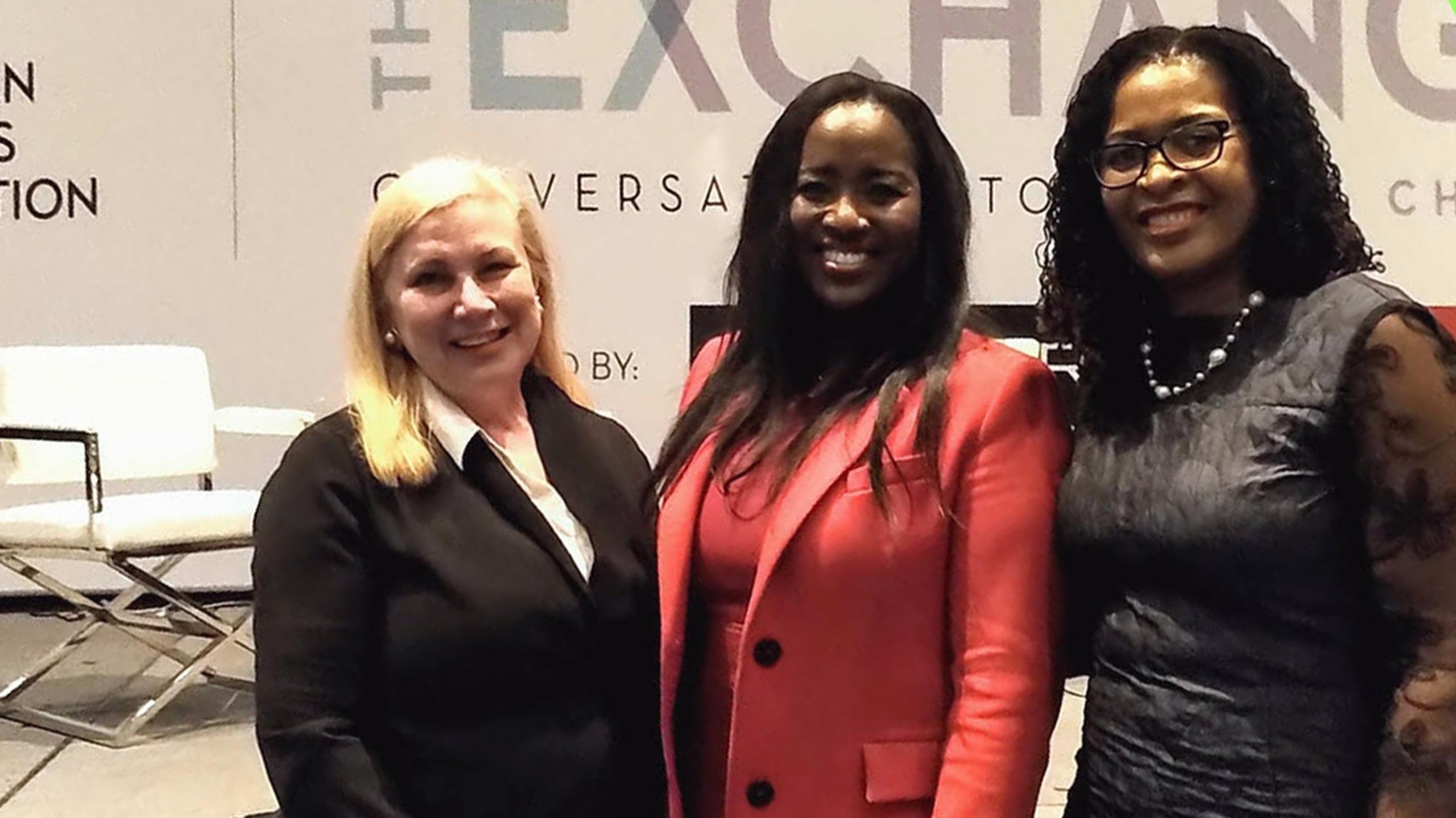By Rabia Tahir
To help women overcome the barriers obstructing their way to success, the Canadian Government is investing in their economic participation. Ryerson has been selected by the Minister of Small Business and Export Promotion, Mary Ng, to receive nearly $9 million over three years that will go towards the Women’s Entrepreneurship Knowledge Hub (WEKH).
Spearheaded by the Diversity Institute and its founder, Dr. Wendy Cukier, the WEKH will include eight hubs across the country, with Ryerson and OCAD sharing the Toronto region. The WEKH will serve as a network of researchers, universities, business organizations, incubators, and community groups working together with the purpose of addressing the needs of women entrepreneurs.
Comprised of almost 50 organizations, WEKH aims to promote, share and develop evidence-based solutions to advance women in entrepreneurship. Dr. Cukier clarifies that this network is not focused on developing a program to fund or train entrepreneurs, but rather on collecting research and sharing it for organizations to improve their practices, processes, and policies. Some of the collaborators of the network include Ryerson’s policy thinktank, the Brookfield Institute for Innovation + Entrepreneurship, as well as Magnet, a not-for-profit co-founded by the university
The very definition and concept of entrepreneur is highly gendered, highly tied to technology
Even as a major driver of economic growth, entrepreneurship in Canada represents a small percentage of women in this field. Dr. Cukier, also a professor at the Ted Rogers School of Management, has heard “countless stories of female founders going to trade shows with their tech support staff and everyone wants to talk to the men with them,” demonstrating one of the many barriers women face in this field.
“Women are less likely to be able to get financing–the kind of mentoring and support that men get,” said Dr. Cukier. “If you go into a room full of 300 men and women and ask them to identify three leading entrepreneurs, depending on the news cycle, you’re likely to get Bill Gates, Mark Zuckerberg and Elon Musk. You’re not going to get Kylie Jenner or Oprah Winfrey or identify a third female billionaire who has built her own company.”
The WEKH will be focusing on working with various women’s organizations, women of influence, women in capital markets and more. Dr. Cukier says that it is just as important to work with mainstream organizations, such as Chambers of Commerce and incubators, to help them think critically about their policies, practices and processes to integrate inclusivity. She gives an example of incubators, which act as catalysts to support new and startup companies, which tend to have government structures and networks dominated by men.
Christine Ung, a second year student in Ted Rogers School of Management and founder of Sondr Media and Design, has worked with over 50 businesses of all calibers across the province since the age of sixteen.
“I’d love to see a world where minority-focused programs are no longer necessary. Where, we are now all on an equal playing field and diversity is a norm, but until then, programs like WEKH help to remove barriers of woman who want to enter into the entrepreneurship realm, increasing woman entrepreneurs from 16% to be more balanced,” said Ung.
She believes that WEKH could prove to be a safe opportunity for female opportunities to enter the industry , which might normally prove to be an intimidating experience. “WEKH will be an incredible resource in broadening my networks and gathering resources I can put towards building a successful growth-plan for my own business.”
Some of the tools which will be available through WEKH includes a diversity assessment tool, developed by the Diversity Institute, which is comprised of a series of policies and practices for the use of organizations that want to be more inclusive.
Opportunities for students to get involved with the WEKH will become available through the research and knowledge mobilization activity, such as collect and share research, organize events and more.
“The very definition and concept of entrepreneur is highly gendered, highly tied to technology,” said Cukier. “And as a result, we’re ignoring lots and lots of entrepreneurial activities that are really important that if we were to invest more time and effort and attention to, would help promote economic growth and development.”













Leave a Reply